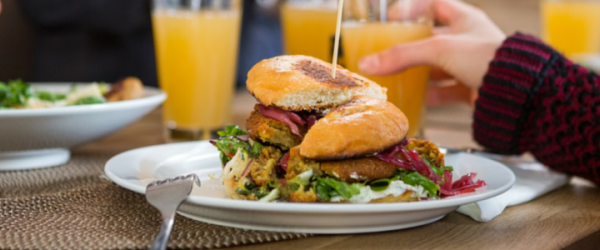One of the biggest barriers preventing travellers at heart from travelling a lot more than they currently do is the fact that it just costs more money. Think about it…if you maintain a budget and you analyse your month-to-month spending, on the month which you booked that plane ticket and went away somewhere, chances are you spent a lot more money than what you did during the other months.
A lot of elements of travel disproportionately add to the expenses you otherwise have in your daily life, perhaps the biggest of which is the amount of money you spend on the food you eat. Discounting those travel expenses which limit you by way of reducing the associated costs, such as your plane ticket and accommodation for example, some of these travel expenses can be minimised to match your regular spending. Food once again comes into focus because this is the one aspect of travel which often unnecessarily adds expenses that can otherwise be avoided. You can really minimise your outgoings spent on this very basic need of feeding yourself, even while you’re on the road and perhaps even more so.
It’s perhaps common knowledge that you spend more when you’re eating out than when you cook food from scratch in your own kitchen at home. It’s pretty clear to see just by looking at the restaurant receipt (which by the way has some space for what is in some instances a mandatory gratuity payment) that you spend more dining out than eating in, even if you’re catching an on-the-go bite at a fast food joint or drive-through.
Travellers in particular are more susceptible to spending at least four times as much on their food as opposed to what they’d spend preparing the exact same dishes at home, mostly because you’re likely dining in a brand new spot each time or buying from a food outlet you’ve never bought from before. It just comes with the territory.
Some research conducted by Oldrids & Downton, specialists in the sale of dinner sets and other homeware items, confirms the fact that buying fresh ingredients to prepare the meals you otherwise buy ready-made at restaurants generally works out cheaper. The total costs of the individual ingredients used to prepare the most popular dishes such as Roast Dinner, Steak and Chips, and Scones (with jam and clotted cream) worked out to be less than what you’d pay for the prepared meal at the most popular restaurants in the most popular cities in the UK.
Obviously there are instances when eating out could work out cheaper than buying the ingredients and preparing the dish yourself, such as when you consider the cost of the power you use to cook your food and how much of the food you’ve cooked at home doesn’t get eaten.
So basically while travellers can be resigned to the fact that they will spend more on food while travelling, as with many other aspects of travelling, you can definitely reduce those costs through better planning, such as perhaps staying in a self-catering unit which then allows you to buy fresh ingredients so that you can cook your own meals.

